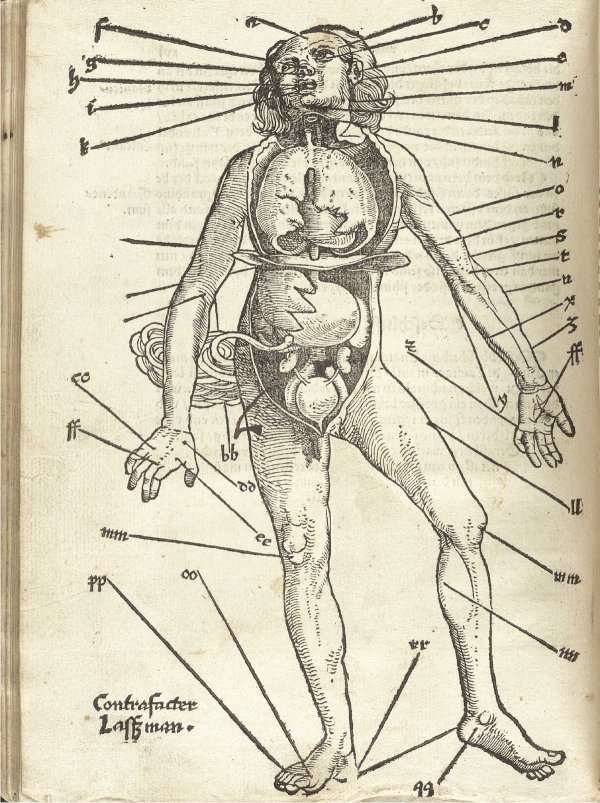How Franz Anton Mesmer
Relates to
the
Heresy of
Decisional Regeneration

Franz Anton Mesmer using Animal Magnetism
Franz Anton Mesmer was the original Hypnotist, although he thought what we call today his "psychological powers" were achieved through "animal magnetism". The eighteenth century was a time of unparalelled excitement over the potential for the use of electricity and magnetism. Michael Faraday, Thomas Edison and George Westinghouse built on the experimentation of men like Benjamin Franklin and Franz Anton Mesmer.
In 1774, Mesmer adjusted the unbalanced forces in a patient, Francisca Österlin, who suffered from hysteria, by having her swallow a preparation containing iron and then attaching magnets to various parts of her body. She reported feeling streams of a mysterious fluid running through her body and was relieved of her symptoms for several hours. Mesmer did not believe that the magnets had achieved the cure on their own, but merely assisted the natural processes of the body. But he soon stopped using magnets as a part of his treatment.
Mesmer was obviously influenced by the science of bleeding patients, based on the ancient idea of restoring balance to a body by ridding it of excess humors. The four humors, or temperaments, were sanguine, choleric, melancholic, and phlegmatic. It was thought that a correct balance of the four bodily fluids that caused the four humors would bring health.

Recommended bloodletting locations from the Field Book Of Wound Medicine,
by Hans Von Gersdorff in
1517
Mesmer understood health as the free flow of the process of life through thousands of channels in any living body. Illness was caused by obstacles to this flow. Overcoming these obstacles and restoring flow restored health. When Nature failed to do this spontaneously, it was a matter of using a conductor of animal magnetism to strategic places on the surface of the skin to assist natural processes. In the same way bleeding a patient restored his humors to balance, so Mesmer reasoned, you could restore sanity by causing a fit of madness, forcing nature's restorative powers. He thought magnetism was a way to create unbalance which the body would safely remedy.
In 1784, without Mesmer requesting it, King Louis XVI appointed four members of the Faculty of Medicine as commissioners to investigate animal magnetism medical practices. The King also appointed five additional commissioners from the Royal Academy of Sciences, including the chemist Antoine Lavoisier and the American ambassador to France, Benjamin Franklin. The commission conducted a series of experiments aimed, not at determining whether Mesmer's treatment worked, but whether he had discovered a new physical fluid. The commission concluded that there was no evidence for such a fluid. Whatever benefit the treatment produced was attributed to "imagination."
Thes events contributed to the overwhelming perception that personality traits could be altered through psychological manipulation, thus undermining the Orthodox belief that character can only be changed by regeneration. In addition, these results butressed the Scottish Common Sense Realism views of John Witherspoon being promoted since 1768 at Princeton that not only questioned the validity of "religious affections" as possible first evidence of regeneration, but seem to suggest that the "spiritual excitements" of the First Great Awakening were not even spiritual in nature.
In 1840, Scottish Common Sense realist Archibald Alexander's (Alexander taught George Washington Gale who taught Charles Finney) gave his psychological theory for what was previously considered "spiritual excitements":
“This contagion of nervous excitement is not unparalleled; for whole schools of young ladies have been seized with spasmodic or epileptic fits, in consequence of a single scholar being taken with the disease. There are many authentic facts ascertained in relation to this matter, which I hope some person will collect and give to the public, through the press. It will not be thought strange then, that sympathy should have a powerful influence in increasing and modifying the feelings which are experienced in religious meetings; nor is it desirable that it should be otherwise.”